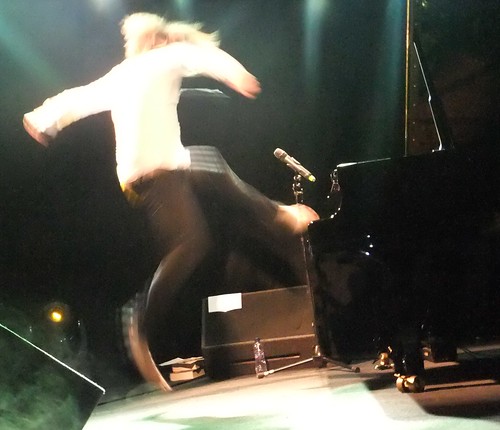RESEARCH has shown that there is a link between child abuse and domestic violence. The Women’s Aid National Freephone Helpline received 1,658 calls relating to incidents of child abuse in 2010.
Children “are the silent, unseen and unheard victims of domestic violence in modern day Ireland”, said a Women’s Aid spokesperson today (Thursday 24 November).
“The Government needs to apply the best practice principle of protecting the child through the protection and support of the non-abusive parent,” said Margaret Martin, Director of Women’s Aid, at the launch of the 16 Days of Action campaign. “The principle needs to be acknowledged and reflected in any new child protection structures and any review of Family Law and domestic violence legislation.
“For many women who call Women’s Aid, protecting their children is a constant worry,” Ms Martin continued, “It is heartbreaking to listen to women who, with their children are living in a state of fear.”
The current recession has made it more difficult for women to help themselves. Their options have been greatly reduced and they find themselves trapped in relationships built on fear and violence.
 |
| Women's Aid. Pic: Google Images |
“I wanted to leave, but he told me time and time again, ‘If you ever leave me, I’ll make sure you never see your daughter again’. At times I thought of killing myself. I felt totally trapped. It’s only for my children that I kept myself going.
“The turning point came when my son said to me one day ‘Mammy, I’m afraid of my Daddy’. I knew I had to leave.” - Alison
“He would slap the children, he said that children needed to be slapped or they would never learn discipline, but it didn’t seem to be about discipline, it was about humiliating them. I will never forget the first time he took Ann into the hall, held her arm so tight and started slapping her on the bottom. I told him to stop, but now I’m at my wits end trying to find ways to protect the children and I got the look, the one that told me, don’t you start.” – Elizabeth.
These are the words of only two of the women who called Women’s Aid. Domestic violence is the most common context in which child abuse takes place, and exposure to domestic violence is recognised as a form of emotional abuse, affecting the child’s well-being.
In 2010 there were 1,658 incidents of child abuse reported to Women’s Aid. The main tactics of abuse were abusers smacking and hitting children with household items; abusers physically or sexually abusing children; abusers constantly shouting in children’s faces.
In addition to these, another 3,014 disclosed that children were living with domestic violence against their mother.
At the launch, Ms Martin said that she was deeply worried about the effect that the 2012 budget would have on women living in such conditions.
Women’s Aid is the only free service available to these women and has already been affected by a number of cuts. Refuges are finding it increasingly difficult to accommodate the women and children that need them, and further cuts will mean putting women and children who are being abused at risk.
Women’s Aid National Freephone service relies very much on public donations. Anyone who wishes to make a donation can do so at www.womensaid.ie or by sending donations to Women’s Aid, Everton House, 47 Old Cabra Road, Dublin 7.
The Women’s Aid Helpline is open from 10am – 10pm, 7 days a week: 1800 341 900.
24 Nov 2011
by Jessica Thompson







